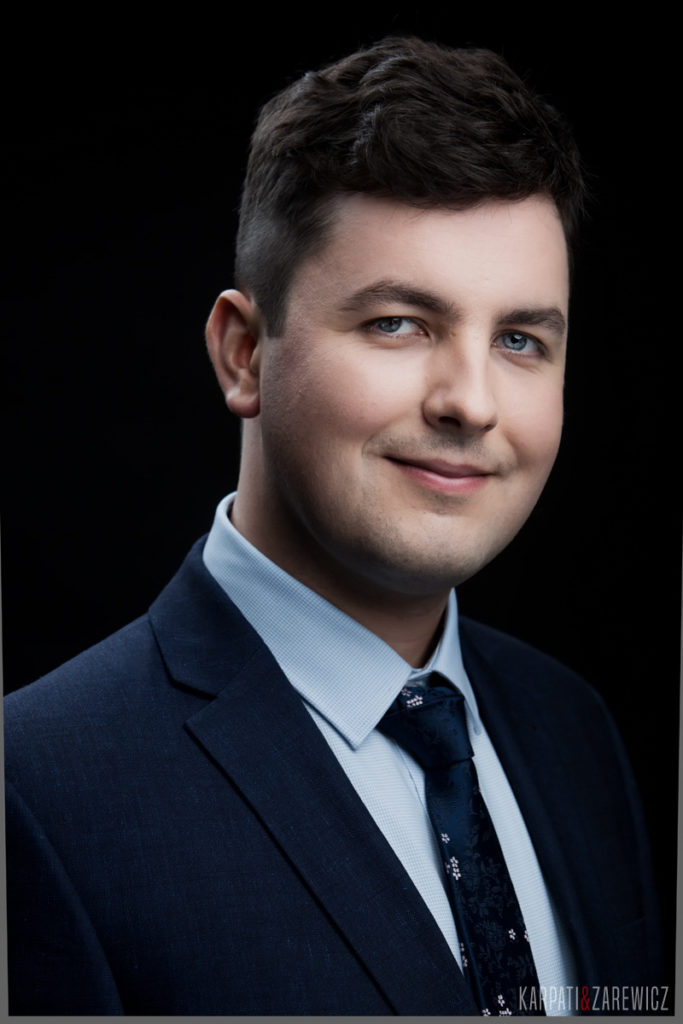Music Theorist & Teacher

Alexander Paine is an accomplished music theorist and teacher, and he has practiced his talents as a theorist for years as a graduate of the Schola Cantorum, and as a university lecturer.
Alexander’s love for the study of music and music theory was instilled in him by his first organ teacher, Ashleigh Tobin, and developed throughout his undergraduate studies. During his time at the Elder Conservatorium for Music, Alexander gained an extraordinarily solid understanding of the fundamentals of Western musical theory, an understanding that has served him in good stead throughout his studies, research, and pedagogical activity.
On moving to Basel in 2015, Alexander continued to excel in music theory studies and, in 2018, he began a Masters in Historic Music Theory at the Schola Cantorum Basiliensis with Professor Florian Vogt, graduating in 2020 with a thesis on motivic composition and development in Georg Muffat’s Apparatus musico-organisticus.
Between 2020-2022, Alexander was employed as a lecturer in music theory by the Trossingen Musik Hochschule. He has also worked with the Zug Music School as the theory teacher for their Choral Conducting tertiary education program, and is an active and enthusiastic private tutor in the field.
As a teacher, Alexander has an especial passion for working with students and musicians on music theory, demystifying and clarifying the subject with a clear, personal approach that focuses on the students’ needs and prior experience. He has successfully worked with students preparing for entrance examinations, final year studies, and on their aural and ear training studies. His curricular flexibility and extraordinary knack for perceiving the cause of individual difficulties makes him an efficient and engaging pedagogue, capable of meaningfully educating invested amateurs, students with particular hurdles to overcome, and even other professional and capable musicians.
Alexander has particular specialities in historic and modern counterpoint, form, motivic and harmonic analysis, keyboard music, and repertoire of the 18th-19th centuries. However in practice, his range of knowledge and expertise is extraordinarily broad, being capable in subjects as diverse as 15th-century ligature notation, orchestral analysis, folk music, the various schools of the 20th century, and composition. His skills as a harmonic and contrapuntal analyst in particular are formidable, and are based upon years of musical practice and theoretical learning.
If you would like to get in touch with Alexander to inquire about his services as a theorist or a theory teacher, you can contact him here.